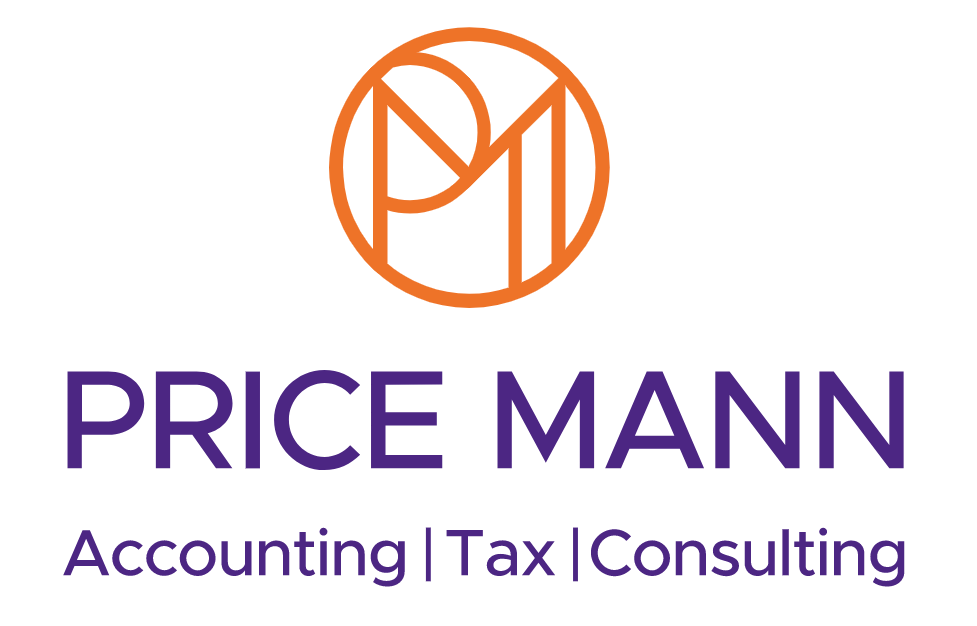International expansion for SMEs
International expansion for SMEs
How SMEs can thrive through international growth.
Small and medium-sized enterprises (SMEs) are often seen as the backbone of the economy, contributing significantly to job creation and innovation. As the world becomes increasingly interconnected, more SMEs are considering international expansion as a growth strategy. While this presents exciting opportunities, it also comes with its own set of challenges. We’ll explore how SMEs can expand internationally while managing risks and maximising potential.
The appeal of international expansion
Expanding into international markets can open doors to new customers, partnerships and revenue streams. For SMEs, this could mean moving beyond the limitations of a domestic market and tapping into the global demand for their products or services.
UK SMEs that export internationally tend to grow 20% faster than those that operate solely in domestic markets. Moreover, companies with a global footprint are often more resilient during economic downturns, as they can rely on diverse markets to stabilise revenue. Exporting also leads to increased productivity, with research from the Department for International Trade suggesting that SMEs that begin exporting see an average productivity boost of around 34%.
Despite these benefits, international expansion is not without risk. SMEs must consider various factors, including regulatory compliance, taxation, logistics and local competition. The key is to be prepared and to take informed, strategic steps.
Challenges and opportunities in international expansion
Regulatory hurdles
One of the biggest obstacles for SMEs looking to expand internationally is dealing with different regulatory environments. Every country has its own set of rules regarding trade, customs, taxation and employment. Failing to comply with these regulations can lead to hefty fines and damage your company’s reputation.
For example, if you’re exporting goods to the EU, you must follow strict VAT and customs regulations, which can vary depending on the specific product or service you’re offering. Brexit has also added a layer of complexity for UK-based businesses trading with European countries.
Cultural differences
Cultural understanding is also vital. Consumer preferences, business etiquette and even marketing strategies can differ drastically from one country to another. Misreading these differences could result in a product that doesn’t sell or marketing efforts that don’t resonate with the target audience.
Many SMEs initially struggled in new markets because they didn’t adapt their offerings to local needs. For instance, a food manufacturer that successfully exports to the US might need to alter recipes to suit local tastes when entering Asian markets.
Currency fluctuations and financial risks
Operating in multiple currencies introduces the risk of fluctuating exchange rates. Even small changes in currency values can significantly affect profit margins, especially for SMEs with tighter financial constraints.
Managing foreign exchange risk is crucial. Some SMEs set up contracts that lock in exchange rates to avoid unpleasant surprises. Others may find it useful to work with a financial adviser to mitigate these risks and develop a currency strategy that protects the business.
Expanding abroad for cost efficiencies
While the primary focus of international expansion often revolves around accessing new markets and boosting sales, it can also offer substantial cost-saving opportunities. By hiring staff or working with suppliers in regions where operating costs are lower than in the UK, SMEs can potentially reduce expenses. For example, outsourcing production or services to countries with lower wage costs or favourable exchange rates could significantly enhance profit margins. Additionally, diversifying suppliers internationally can mitigate the risk of relying solely on UK-based suppliers, offering both cost advantages and supply chain resilience.
Choosing the right structure for international trade
Another critical consideration when expanding internationally is determining the most appropriate structure for your business operations. SMEs must decide whether to trade entirely from the UK or establish a branch or entity in the target country. Each option has different implications for tax, regulatory compliance, and operational control.
Setting up a local entity can offer benefits like improved credibility with local customers, but it also involves more regulatory responsibilities and potentially higher costs. On the other hand, trading from the UK might simplify matters initially but could limit your ability to take full advantage of local market opportunities. Consulting with an accountant or financial adviser can help identify the best structure for your expansion plans.
Steps to successful international expansion
1. Conduct market research
The first step in international expansion is thorough research. Understand the market dynamics of the country you want to expand into. Identify the demand for your products or services, the competition and the regulatory environment. It’s important to know if there’s enough potential for growth to justify the costs of expanding.
Many free or low-cost tools are available, such as the UK’s Export Academy, which offers support for SMEs looking to expand abroad. Resources like these can provide invaluable insights into your target region’s market trends, consumer behaviour and industry standards.
2. Build local partnerships
Having the right partners in place can make a huge difference when entering a foreign market. Local partners can help you navigate legal requirements, customs regulations and other challenges that might not be apparent to someone unfamiliar with the local market.
For instance, working with a local distributor or an agent who understands the local retail landscape can save you time and money. Similarly, hiring local talent or setting up a local advisory team could give you the cultural insights needed to effectively tailor your products and services.
3. Adapt your product and marketing strategy
Successful international expansion often requires product and service adaptation. Your current offerings may need adjustments to align with local consumer preferences, and your marketing strategy may also need to shift to resonate with the local audience.
Take the time to understand cultural nuances, and consider adjusting everything from packaging design to marketing channels. In certain markets, social media platforms like WeChat or Line may be more popular than Facebook or Instagram, requiring a shift in digital strategy.
4. Financial planning and currency risk management
A sound financial plan is essential when expanding abroad. Consider all costs, from initial market research to the setup of local operations, and prepare for unexpected expenses. Planning for cashflow disruptions is also crucial and common when moving into new markets.
One way to minimise financial risk is to set up multi-currency accounts to manage payments more effectively. Another option is using hedging strategies to protect against currency fluctuations. Working with an accountant experienced in international trade will give you a clearer picture of your financial exposure and the tax implications of operating in multiple countries.
5. Leverage technology
Technology plays a key role in international expansion. Tools like cloud-based accounting software can simplify financial management across borders. Meanwhile, customer relationship management (CRM) systems can help you track and nurture client relationships, regardless of location.
Additionally, eCommerce platforms have made it easier for SMEs to reach global audiences without needing a physical presence in each country. Online sales channels can be cost-effective for testing new markets before committing to larger investments.
Examples of successful SME expansions
BrewDog
Starting as a small craft beer company in Scotland, BrewDog now has a global presence with bars and breweries across the world. One of the keys to their success was their ability to connect with different consumer bases by adapting their marketing approach for each region. Their irreverent, bold style resonated in the US, while their environmentally friendly approach helped them succeed in European markets.
Innocent Drinks
Innocent Drinks started in the UK, but quickly expanded across Europe by maintaining a consistent brand message while tailoring their product offerings to local tastes. They successfully managed the balance between global consistency and local relevance by making subtle changes to their ingredients and marketing based on regional preferences.
Preparing for international tax considerations
Expanding into international markets means facing new tax obligations. Different countries have different rules for VAT, corporate tax and payroll schemes and understanding these is crucial to maintaining compliance.
For example, the corporate tax rate in the UK varies from 19-25%. However, if you’re expanding into the US, corporate tax rates vary by state and can go as high as 28%. Working with a tax professional is vital to ensure you’re not caught off guard by unexpected liabilities in your new market.
Additionally, double taxation treaties can help prevent paying taxes twice on the same income. The UK has over 130 such treaties, so depending on where you expand, this could help reduce your overall tax burden.
Furthermore, when employing individuals in other countries, you are likely to have to operate a payroll scheme and pay employee taxes to that country's tax authority.
Why now is the time to expand
Despite economic uncertainty, international expansion remains a viable growth strategy. Globalisation is not going away, and with the rise of digital tools and platforms, it’s never been easier for SMEs to access international markets.
As of 2023, global eCommerce sales are expected to exceed £5tn, providing immense opportunities for UK businesses. At the same time, supply chains are evolving, and businesses that diversify their supplier and customer base across borders are more likely to weather potential disruptions.
By planning properly, managing financial risks and building the right partnerships, SMEs can unlock new opportunities and achieve sustainable growth in foreign markets.
Wrapping up
Expanding internationally is a significant and challenging step for any SME. However, with the right preparation, financial planning and understanding of local markets, it’s possible to succeed. We’ve helped numerous businesses leap international markets, offering guidance on everything from regulatory compliance to managing foreign exchange risk.













